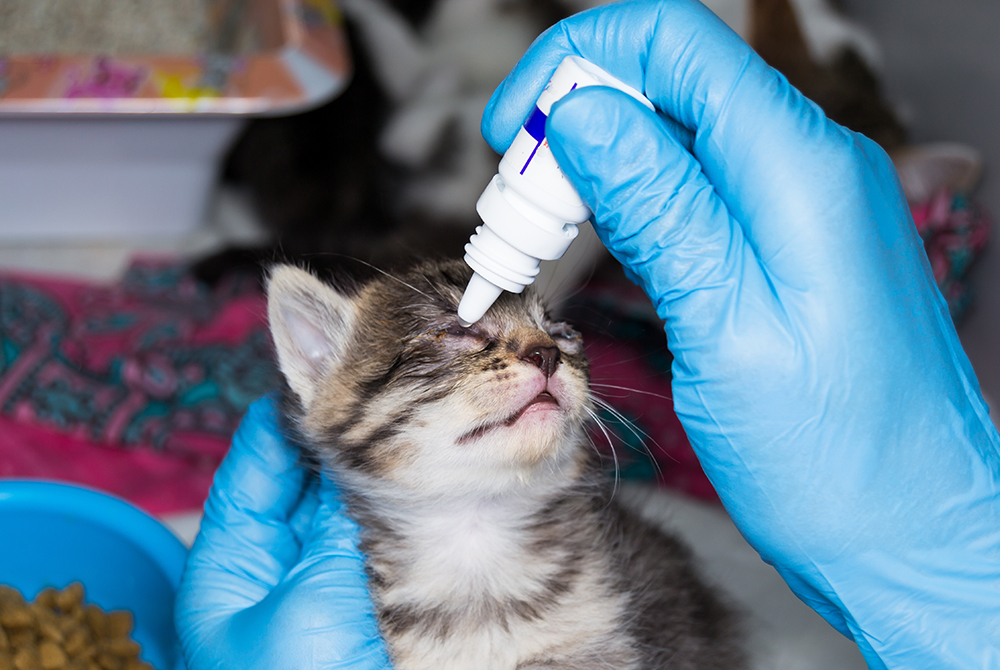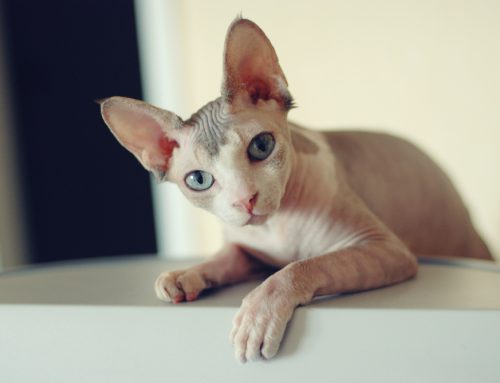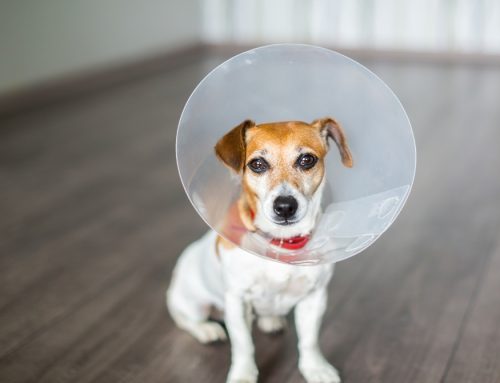What is Conjunctivitis?
Conjunctivitis, commonly known as “pink eye,” is an inflammation of the conjunctiva—the thin, transparent layer of tissue that lines the inner surface of the eyelid and covers the white part of the eye. This condition can affect both dogs and cats and can be caused by various factors, including infections, allergies, foreign bodies, and underlying health issues.
Signs and Symptoms
Pets with conjunctivitis may exhibit one or more of the following symptoms:
- Redness or swelling of the eye or eyelid
- Discharge from the eye (clear, yellow, or green)
- Squinting or excessive blinking
- Pawing or rubbing at the eye
- Sensitivity to light
- Swollen eyelids or third eyelid protrusion
Causes of Conjunctivitis
Conjunctivitis can have several causes, including:
- Bacterial or Viral Infections: Common in both dogs and cats, these infections can lead to conjunctivitis and may require specific treatment.
- Allergies: Pets can develop allergic reactions to various environmental factors, such as pollen, dust, or certain chemicals.
- Foreign Bodies: Debris or foreign objects in the eye can irritate the conjunctiva and cause inflammation.
- Dry Eye (Keratoconjunctivitis Sicca): A condition where the eyes do not produce enough tears, leading to dryness and inflammation.
- Irritants: Smoke, shampoos, or other irritants can cause conjunctivitis in sensitive pets.
- Underlying Health Conditions: Conditions such as glaucoma, feline herpesvirus, or autoimmune diseases can also result in conjunctivitis.
Diagnosis and Treatment
At Mission Veterinary Clinic, our experienced veterinarians will perform a thorough eye examination to diagnose the cause of your pet’s conjunctivitis. This may include:
- A physical examination of the eye and surrounding tissues
- Fluorescein staining to check for corneal ulcers or scratches
- Tear production tests to evaluate for dry eye
- Sampling discharge for bacterial culture or cytology
Treatment
The treatment for conjunctivitis will depend on the underlying cause. Common treatments include:
- Antibiotic or antiviral eye drops or ointments for infections
- Anti-inflammatory medications to reduce swelling and discomfort
- Allergy management, which may involve antihistamines or changes in environment
- Removal of foreign bodies or addressing irritants
- Artificial tears or tear stimulants for dry eye
Preventing Conjunctivitis
While not all cases of conjunctivitis can be prevented, you can reduce your pet’s risk by:
- Keeping their environment clean and free of irritants
- Regular grooming to prevent hair from irritating the eyes
- Monitoring your pet for signs of allergies or infections
- Scheduling regular veterinary check-ups to catch and treat eye issues early
When to Seek Urgent Care
If your pet is showing signs of conjunctivitis, especially if they are in discomfort or if the condition worsens, it’s important to seek veterinary care right away. At Mission Veterinary Clinic, we are here to help with all your pet’s urgent eye care needs. Please note that we only accept walk-ins and do not take appointments. Your pet’s health and comfort are our top priorities, and we will work to provide prompt and compassionate care.
Visit Us Today
For more information or to bring your pet in for care, visit us at 16915 San Fernando Mission Blvd, Granada Hills, CA 91344, or call us at 818-363-8143. Our dedicated team is here to ensure your pet receives the best possible care.










Leave A Comment